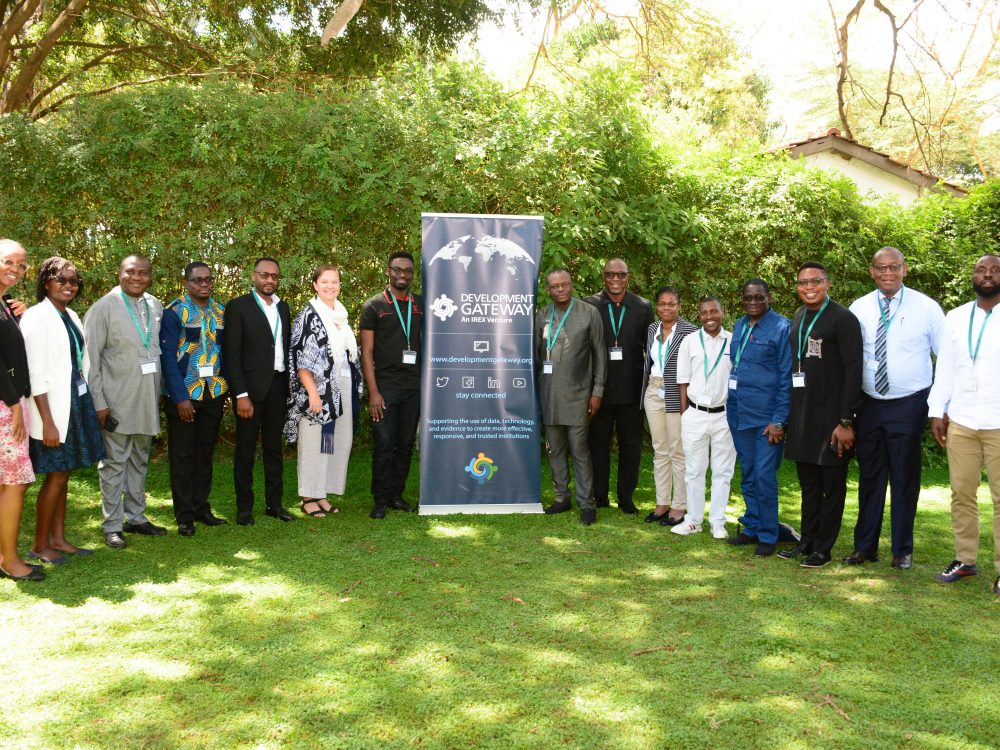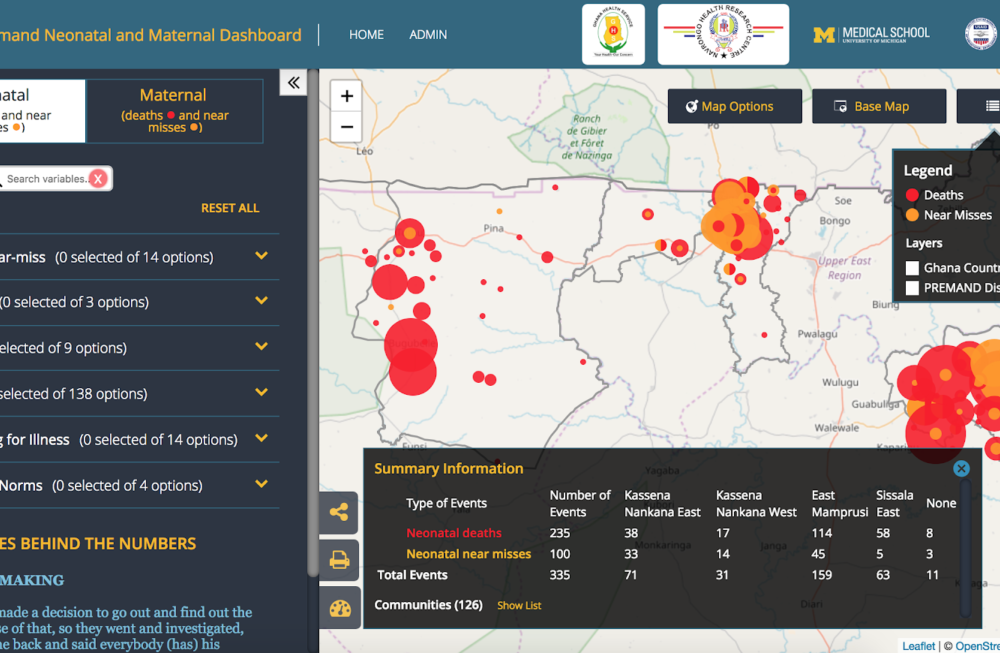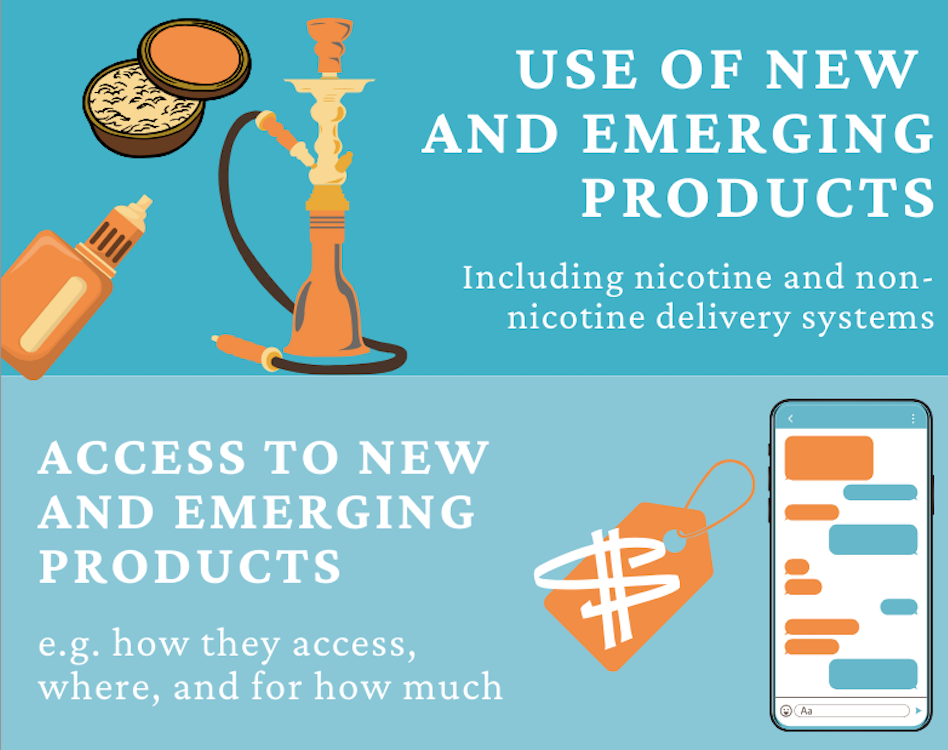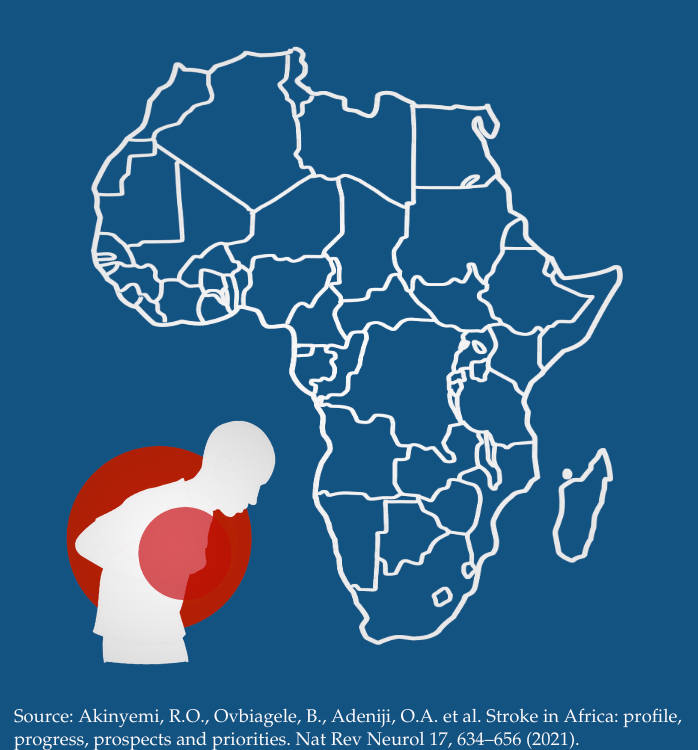
Surfacing Valuable Information
How do policymakers, local leaders, or community members make decisions when data that supports public health is unreliable, difficult to use, or does not exist? When resources are scarce or data is not actionable, making decisions for public health is challenging.
Focusing on Outcomes
Our partnerships in health programming help to highlight patterns and gaps to identify underlying factors that are important to improved health outcomes.
Data for Health Systems
Many community health systems are under-resourced, with overworked clinic staff that rely on health officials to allocate limited funding to vulnerable populations. We work with partners to implement cost-effective, sustainable systems that can assist with workload, support useful data reporting, and surface patterns to strengthen healthcare delivery.
Informing Policymakers
When data is unavailable or unreliable, policymakers are less able to make informed decisions in the best interest of the public. We work to fill the data gaps by building systems that present data for easy analysis and resource allocation.
Building Data Visualizations
Built through a collaborative process, DG’s health data visualization tools often focus on the most vulnerable — women and children, adolescents, and newborns — to help advocates, policymakers, and community members better understand and show others where interventions and investments could make a difference.

Highlights

The Tobacco Control Data Initiative (TCDI)
The Tobacco Control Data Initiative (TCDI) was launched in 2019 and is implemented by Development Gateway: An IREX Venture, in partnership with the University of Cape Town’s Research Unit on the Economics of Excisable Products and funded by a grant from the Bill and Melinda Gates Foundation. TCDI aims to supply governments, civil society, and academia with improved access to country-specific data that will inform better tobacco control policy design and implementation. The program has built national websites that present data from different sources, including primary data collected through TCDI and existing secondary data made publicly available and papers published in peer-reviewed journals.

Data on Youth and Tobacco in Africa (DaYTA)
Through our Data on Youth and Tobacco in Africa (DaYTA) program, DG seeks to advance tobacco control efforts by gathering accurate data on tobacco use among 10- to 17-year-olds in Kenya, Nigeria, and the DRC. In collaboration with partners in governments, civil society, and academia, the DaYTA program will empower decision-makers to make timely, data-driven policies that, in turn, can lead to a healthier populace.

PREMAND: Preventing Maternal and Neonatal Deaths in Northern Ghana
The PREMAND dashboard highlights interactions of social, cultural, and geographic factors in contributing to maternal and neonatal health outcomes. The flexible tool serves a range of users: from district health policymakers to local community leaders. It translates highly technical research data into an easily-understandable map, to make this information approachable and usable by decision-makers at all levels.
Read the Latest

The Cancer-Tobacco Link: Using Data to Drive Stronger Tobacco Control Policies
As we observe World Cancer Day today, it is crucial to recognize the significant role smoking plays in the global cancer epidemic. Tobacco use is the leading preventable cause of cancer and cancer-related deaths worldwide, necessitating a dynamic, multidisciplinary approach to tobacco control interventions. DG’s Tobacco Control Data Initiative (TCDI) contains country-specific websites designed to

Diving into the DaYTA Program’s Data Collection Process
This blog explores key insights from the DaYTA program, offering practical guidance for researchers on effective data collection, overcoming field challenges, and leveraging local partnerships to enhance tobacco control efforts. This piece is especially timely following DaYTA’s workshop convening all 3 study country stakeholders to review the survey results and strategize on how best to disseminate this data to target audiences. This workshop took place from in Lagos, Nigeria, from November 18-20th.

More Smoke, More Stroke
In honor of this year’s World Stroke Day, observed annually on October 29th, this piece aims to raise awareness of the substantial burden of non-communicable diseases–particularly stroke incidents–using the case study of Nigeria, one of the main tobacco production hubs on the continent, in addition to Kenya.